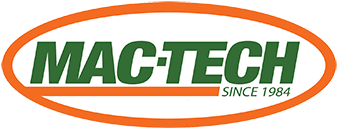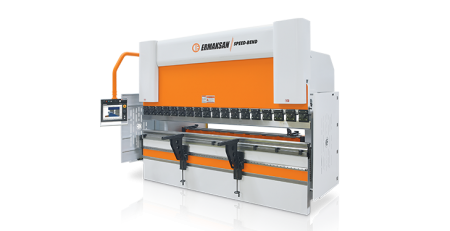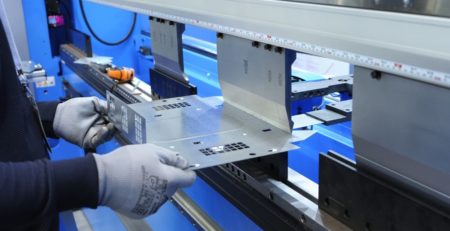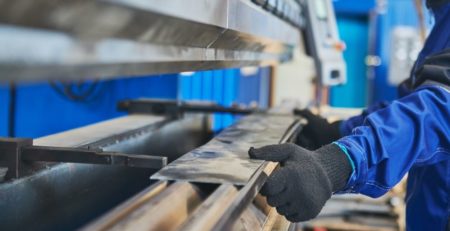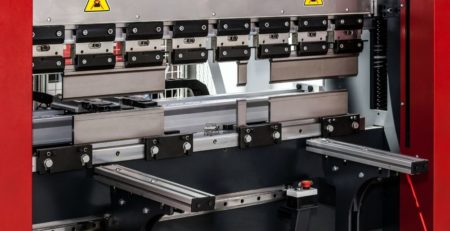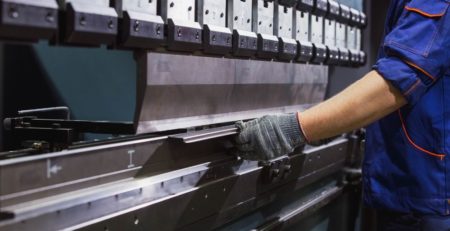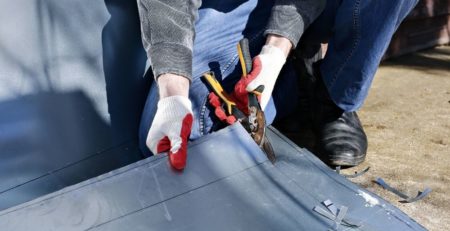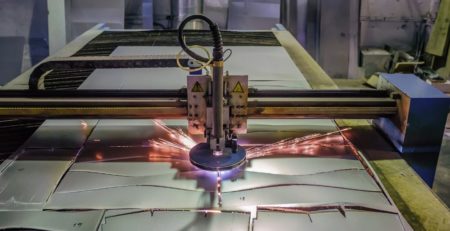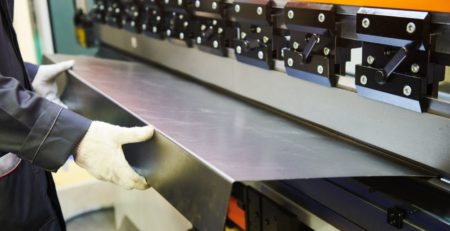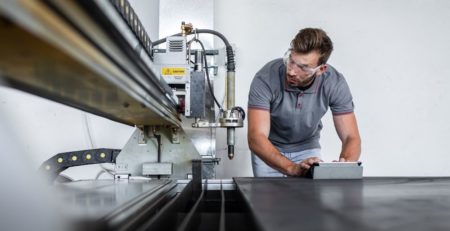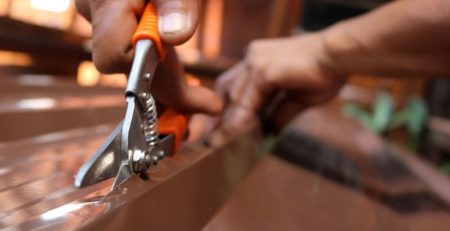3 Things Every Press Brake Operator Needs To Know
Operating press brakes requires a significant amount of knowledge and skill. Press brakes are incredibly complex, but operators know how to work with them and fashion metal safely and effectively. Press brake operators are essential to engineers who are building appliances and buildings today. Here are three things every press brake operator needs to know to stay at the top of their field and get their job done well.
You Have To Learn and Improve Continually
When working with large machines like press brakes, the slightest miscalculation can lead to serious problems. Because of this, you must always be careful and observant when operating a press brake. Being precise and thorough in your calculations cannot be underestimated no matter what kind of press brake you are using.
To be a press brake operator, you need a high school diploma, and you also need to go through a training program. Much of this training will typically orient you towards operating one specific type of press brake, but as you work more and gain more experience, you should start learning the specifics of other press brakes. Many employers want you to have experience operating multiple press brakes under your belt before hiring you, so try to learn as much as you can during training. If you can show potential employers that you are eager to learn about different types of press brakes, those employers may be more inclined to hire you.
In press brake training programs, you will learn how to:
- Inspect blueprints
- Perform regular maintenance on press brake machines
- Make adjustments when needed
- Inspect the metal when the press brake is operating
- Set up machines
On top of all of this, you will also need to hone your monitoring skills. As a press brake operator, you must keep your work area clean and organized at all times so that nothing interferes with the metal-shaping process. Additionally, you need to constantly monitor supply levels and check that the final product meets the proper standards. Any imperfection or error means that your product is defective. Defects cost you and the shop both time and money.
Essentially, being a press brake operator means that you need to have both mechanical and math skills, but, more importantly, you need to be willing and able to improve. What makes a good press brake operator is the ability to shape metal quickly and efficiently, but what makes a great press brake operator is the ability to adapt. Press brake operators need to be able to learn new techniques and become familiar with new press brakes, but they must also always remember the basics. You can be the best operator there is, but you can fail if you do not calculate your measurements correctly.
You Need To Be Safe
As mentioned previously, press brakes are huge machines. They can bend and cut thick and durable pieces of metal, so imagine what they could do to a finger or an arm if one accidentally got in the way. Your career as a press brake operator will end if you sustain a serious injury. You do not want that to happen, so you need to be safe always.
You must be on your own guard, but there is also typically a guard on the press brake to protect you. This guard is like a steel fence that prevents you from potentially injuring yourself. Thankfully, there are also other layers of protection for press brake operators, such as laser protection devices and light curtain safety devices.
If press brake machines do not have adequate safety measures in place, shop owners will not use them. Other shops require that press brake operators wear personal protective equipment. PPE protects operators from the press brake and anything else that the press brake can do. For example, protective hearing equipment protects operators’ eardrums from loud machinery.
On top of protective equipment for the operator and equipment to keep the press brake safe, there are also a variety of safety protocols to make sure operators use the press brake properly. An accident can occur if a calculation is off or the operator does not position the metal correctly. Before operating the press brake, you must check the following:
- Motor
- Grounding
- Switch
- Wire
- Control parts
- Buttons
- Positioning devices
If any of these pieces is off or not in the correct position, you must fix it immediately before using the press brake. In addition, make sure to cut off the power supply for the press brake before adjusting the mold.
When operating the press brake, you need to be careful with how you handle the metal. Your fingers should never come between the metal and the die. Additionally, you should regularly check the pressure gauge of the press brake when operating so that you never exceed the appropriate pressure range. If you are bending large pieces of metal with a press brake, pay attention to the metal’s rebound as this can cause injury to your face.
You Can Ask For Help
In a professional environment, it can feel like you should know everything. When you think this way, it can make asking for help feel impossible. You might worry that the shop owner will fire you or your coworkers think you are stupid. Even if your coworkers or boss do get annoyed, asking a question is preferable to making a dangerous or inconvenient mistake at the end of the day. Asking questions is also a great way to learn and grow in your position. As mentioned previously, people want to hire press brake operators with experience, and if you ask questions, you can gain that valuable experience.
The three things every press brake operator needs to know are that they must continually learn, ask questions, and stay safe. All this said, you also need good equipment. An older press brake will be more prone to failure and accidents. Consider getting a new hydraulic press brake from Mac-Tech. A high-quality operator is only as good as the tools they use.

